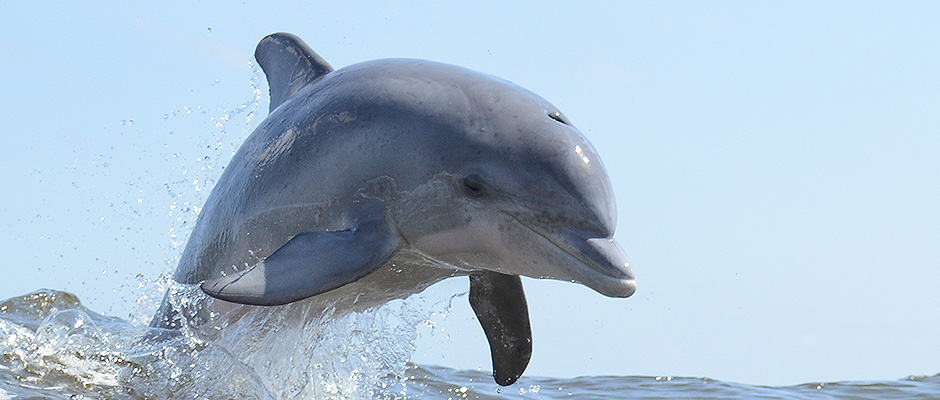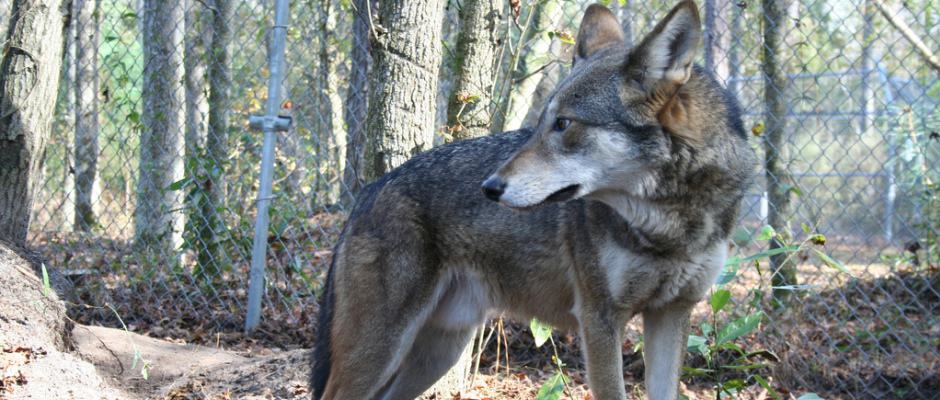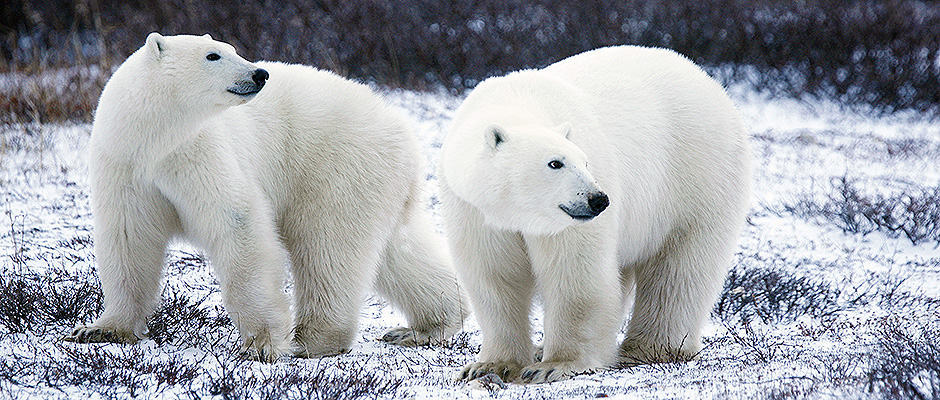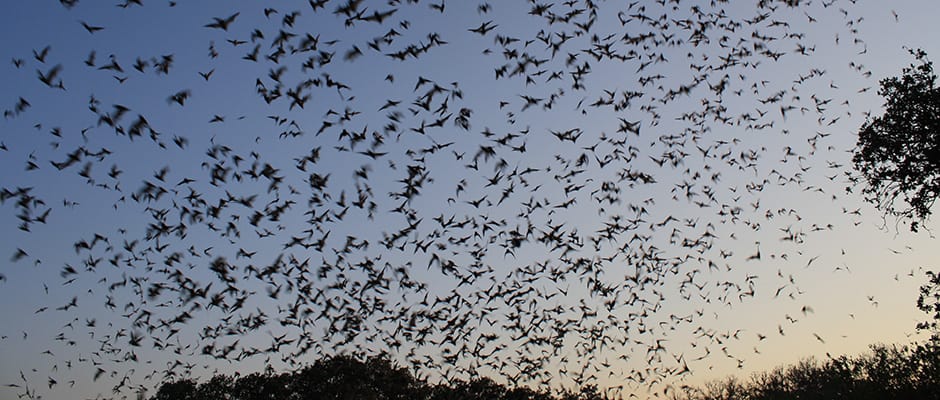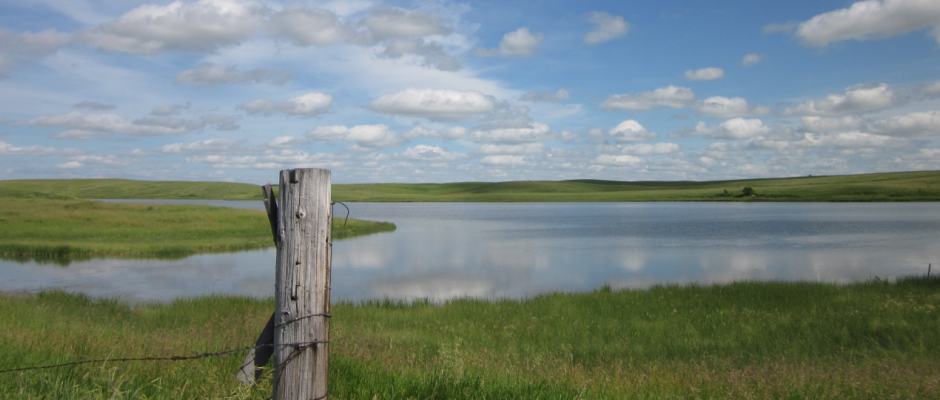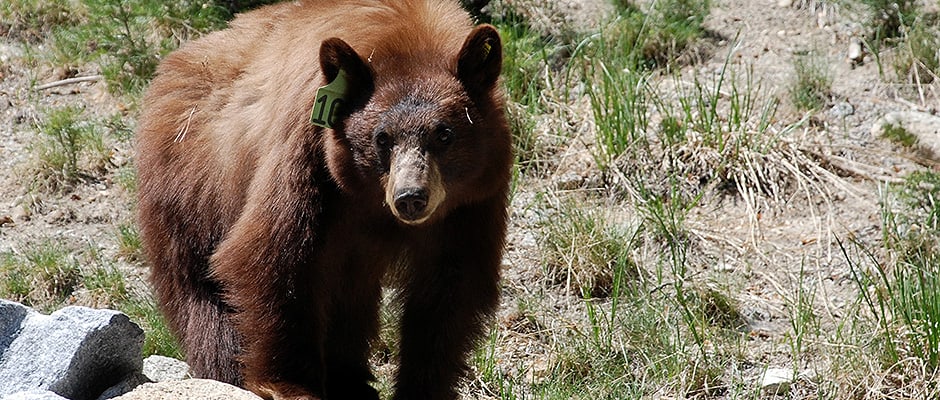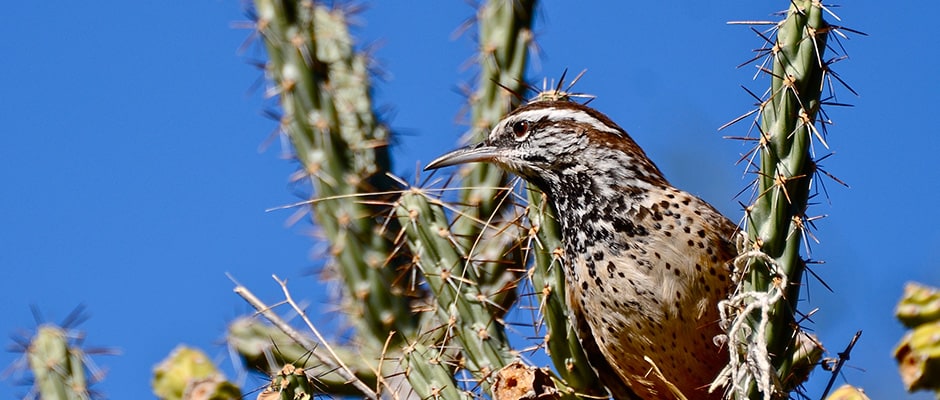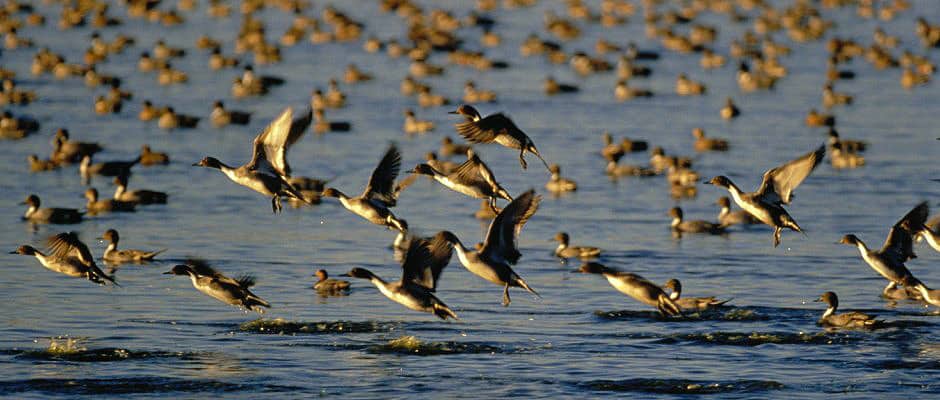
A bill to increase the price of duck stamps from $15 to $25 passed the House on Tuesday with very little resistance. H.R. 5069 was passed out of the House Natural Resources Committee in July, but has had to wait for action on the floor due to the long fall recess. The legislation enjoys both bipartisan support and public backing from the administration. An identical bill (S. 2621) has been introduced in the Senate where it awaits committee action. The Wildlife Society signed a coalition letter supporting an increase in the price of duck stamps earlier this year.
Migratory Bird Hunting and Conservation Stamps — better known as Duck Stamps — are permits required to hunt waterfowl in the United States. The money raised by the stamps goes to wetland conservation efforts that in turn lead to more waterfowl. Proponents of the bill argue that the price increase is necessary because the price of the stamp has not changed since 1991 while land values — and therefore the price of easements and land purchases — have tripled. Steve Guertin, Deputy Director of the U.S. Fish and Wildlife Service, agreed with this assessment in his testimony before the Subcommittee on Fisheries, Wildlife, Oceans and Insular Affairs hearing in July while pointing out that easements are one of the most cost effective and efficient tools for conservation. Guertin also assured the subcommittee that a more expensive stamp would not decrease sales.
Resistance to the bill stems from language that requires the extra $10 only be used for conservation easement purchases as oppose to land acquisition. At the full committee hearing in July, some Democrats expressed concern that this provision will handcuff the administration by stunting land acquisition, which is an important conservation tool.
For more information on Duck Stamps and their importance to wildlife management, refer to the Migratory Bird Hunting Stamp Act Policy Brief developed by the TWS Government Affairs Team.
Sources: Environment and Energy Daily (November 17, 2014), House Natural Resources Committee (Accessed November, 2014), Greenwire (July 30, 2014).



